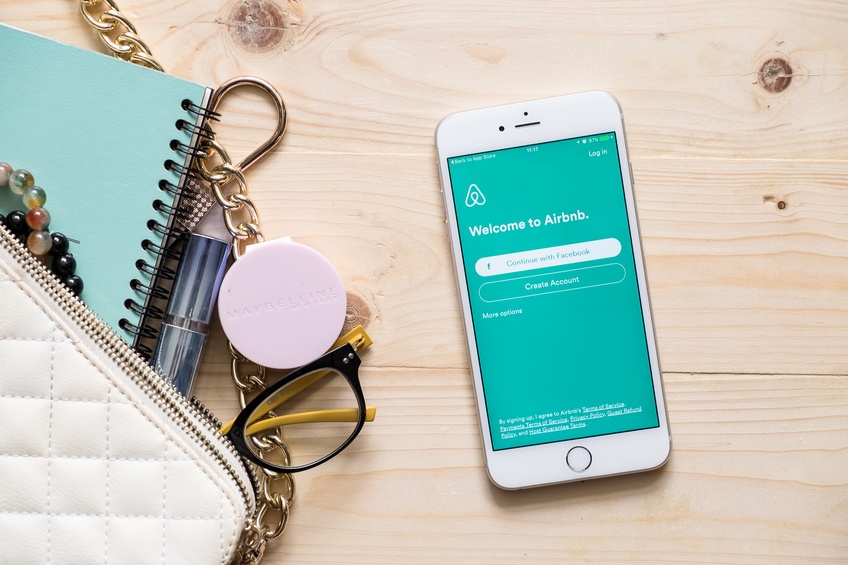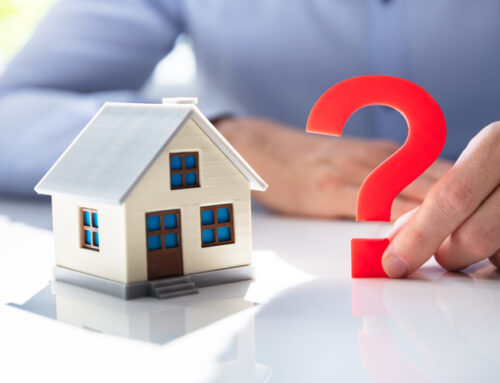Home » Uncategorised »
What Airbnb hosts should consider before renting out a property
This article is an external press release originally published on the Landlord News website, which has now been migrated to the Just Landlords blog.

Health and safety qualification service Phoenix Health & Safety has raised concerns about the lack of processes put in place by Airbnb hosts.
As such, Nick Higginson, CEO of Phoenix Health & Safety, has 5 tips for hosts to consider about their Airbnb.
1. Carbon Monoxide Alarms
“Carbon monoxide builds up in a property due to the burning of fuels. Properties that have traditional fireplaces or a woodburning stove are at a higher risk of causing carbon monoxide poisoning and without detectors, it could have serious consequences. It’s strongly advisable to have a CMD, not only for safety precautions but also not to deter potential guests.
“Furthermore, if your property has a fireplace, always ask guests to keep fresh air flowing throughout the property, and to crack the windows where necessary to avoid the build-up of carbon monoxide levels.”
2. Smoke alarms are required on every floor
“Fire safety requirements can be hard to identify depending on the scale of the building. Some may require a fire exit to be clearly signposted whilst others may require carbon monoxide detectors. To ensure you have the correct information for the building’s specific needs it’s best to carry out a fire risk assessment.”
3. Furniture must be fire retardant
“Furniture and Furnishings (Fire) (Safety) Regulations 1988 is legislation that protects guests, ensuring they are in an environment where furnishings are not likely to become inflamed from close contact to products such as candles or cigarettes. If you ignore this essential safety check and there are incidents related to this, you could face prosecution.”
4. Annual gas safety checks are required
“If you supply gas on the premises an annual gas safety check must be carried out every 12 months by a Gas Safe Registered engineer. If you fail to prove certification of the last 2 years in the appropriate checks, you can face legal prosecution for being negligible to your guests and putting lives at risk.
“Even if you are renting a room out in the property you occupy, you must be prepared to pay for Gas Safe certification.”
5. Electrical safety
“Electrical systems should be safe to use, and it is the host’s responsibility to make sure the required checks are made regularly. Things such as wiring, cooking appliances, sockets and light fittings should be checked tri-annually to ensure they are working correctly. There should also be safety checks on appliances supplied such as cookers and kettles.”
The Future of Airbnb hosting
Nick concludes: “Over the coming years, we predict more processes and legislation will come into place to protect guests staying in Airbnb style accommodation to ensure that a similar health & safety standard is upheld to that of which you would expect in a registered hotel or hospitality accommodation.
“Whilst landlords/hosts are expected to create a safe environment with reliable reviews, it is a relatively untouched market for legislation. Hosts may consider health and safety training to ensure they are fully equipped.”




